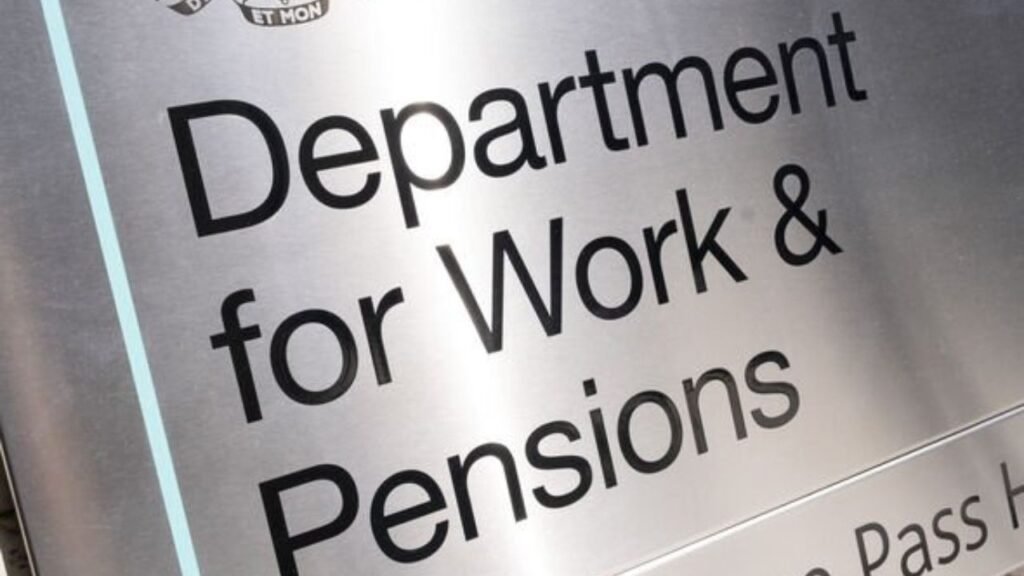Sweeping changes are on the horizon for the UK’s Personal Independence Payment (PIP) system, as the Department for Work and Pensions (DWP) prepares to launch a new assessment framework starting in November 2026. These changes will reshape how eligibility is determined, potentially affecting hundreds of thousands of people across the country. However, there’s a significant exception: individuals aged 65 and older will be shielded from the new scoring criteria, sparing them from the upcoming reassessment protocols.
Transitioning to a Revised PIP Assessment Structure
The core of the PIP reform lies in a new points-based assessment model that will influence both the daily living and mobility components of the benefit. This revision primarily targets new claimants and working-age individuals who are due for scheduled reviews from late 2026 onwards. The new structure aims to provide a clearer, more focused picture of how disabilities affect daily activities and personal independence.
What the Numbers Reveal
According to official estimates, around 700,000 people mostly those aged 65 or over will be completely unaffected by the reforms. They will continue to receive PIP under the existing rules and will not be subject to future reassessments or the newly introduced scoring methods. This move is intended to reduce administrative burden and stress for older claimants while ensuring they continue to receive uninterrupted support.
Key Overview of Upcoming PIP Changes
| Criteria | Details |
|---|---|
| Start of New Rules | November 2026 |
| Minimum Requirement | 4 points in at least one daily living activity |
| Primary Target Group | New applicants and those under 65 |
| Exempt Individuals | 700,000 people aged 65 and above |
| Nature of Change | Shift to revised scoring system |
Understanding Personal Independence Payment (PIP)

PIP is designed to assist people aged 16 to 64 who are living with long-term disabilities or health conditions that impact their ability to perform everyday tasks. It is divided into two parts: the daily living component, which covers help with tasks like cooking, dressing, and managing medications, and the mobility component, which supports individuals who face difficulties moving around. Importantly, PIP is not means-tested, meaning eligibility does not depend on income or savings, but rather on the extent of assistance required.
What’s Actually Changing Under the New Plan?
Under the upcoming assessment model, claimants will need to score a minimum of 4 points in at least one daily living activity to qualify for the benefit. This adjustment is intended to make the process more transparent and consistent, focusing more on the actual impact a disability has on day-to-day life, rather than on general diagnoses alone. For example, someone who previously qualified based on limited cooking ability may now need to demonstrate additional impairments in areas like personal hygiene, medication management, or social interaction to meet the criteria.
Who Must Brace for Reassessment?
If you’re currently under the age of 65 and due for a PIP review after November 2026, you will be assessed under the new scoring guidelines. Similarly, anyone applying for PIP for the first time after this date will fall under the revised system. These individuals will need to ensure their evidence and documentation align with the new criteria to maintain eligibility.
The Safeguard for Pensioners
For those aged 65 or older at the time of their scheduled review, there is reassuring news you are exempt from the new rules. This means no fresh assessments, no updated scoring, and no interruption to your existing benefits. The government has confirmed that approximately 700,000 people fall into this safeguarded category, reflecting a commitment to minimize disruptions for pensioners who rely on this support.
Aiming for Fairness and Sustainability in the Benefit System
The DWP has explained that these updates are part of a larger effort to ensure that disability benefits are accurately distributed, financially sustainable, and better tailored to individual needs. The reforms aim to reduce system misuse and better match support levels with genuine daily challenges experienced by claimants.
How to Stay Ahead if You’re Under 65
If you fall into the working-age group affected by the reforms, preparation is key. First, find out when your next PIP review is due. If it’s scheduled after November 2026, begin organizing medical documentation, treatment history, and professional assessments that detail your condition’s impact on daily life. Seek out guidance from organizations like Citizens Advice or Scope, which provide free support for navigating benefit applications and appeals. Most importantly, stay alert to updates from the DWP to ensure you’re operating with the most current information.
Know Where You Stand and Act Accordingly
In conclusion, the upcoming PIP reforms are a significant development, but they don’t spell trouble for everyone. If you’re aged 65 or older, the changes won’t apply to you, and your current benefits will remain untouched. For younger claimants, however, this is a moment to get informed and proactive. Whether you’re already on PIP or considering applying, understanding these changes and preparing early could make all the difference in securing


